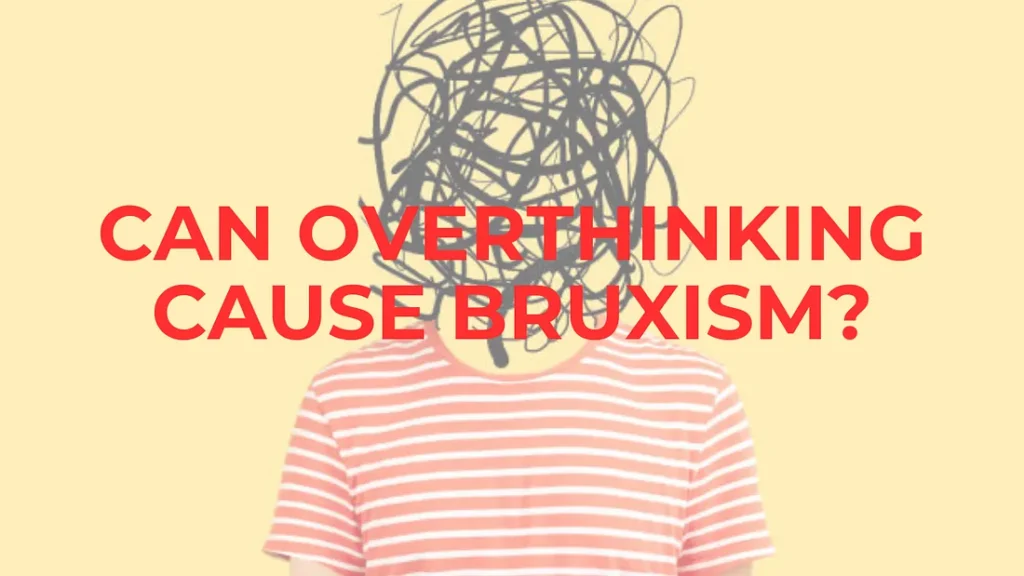Book Appointment Now
Psychology Of Bruxism: Can Overthinking Cause Chronic Teeth Grinding or Bruxism?

Hey guys, today I’d like to answer this question: can overthinking cause chronic teeth grinding or bruxism, and how does it really cause it? Yes, it can.
First, let’s understand what overthinking is. Overthinking is when a small issue becomes blown out of proportion — you end up thinking a lot about a minor issue. For example, let’s say someone isn’t picking up your phone call and you’re in a relationship.
You might start thinking they are cheating on you, with someone else, or wanting to leave you. This aspect of overthinking will, of course, lead to stress. Stress is the greatest trigger of chronic teeth grinding because your mind has become accustomed to teeth grinding as a way to release tension or as a way for your body to cope with building stress.
So yes, overthinking may lead to excessive teeth grinding. But does it mean that overthinking is the real problem? No. Overthinking is a symptom of something else. It is a coping mechanism and a symptom of an underlying issue. Overthinking is mostly an aspect of your core beliefs about yourself. This can include feelings of insecurity or fear of rejection.
When you have these beliefs, your thoughts amplify them. For example, if you deeply believe that you’re insecure, every time someone doesn’t pick up your phone call, your mind translates it as someone cheating on you because you’re insecure. You might have developed this insecurity because you were raised in an environment where you were not made to feel safe within yourself. It’s a chain reaction.
Teeth grinding is not the problem; it is just a physical manifestation of the real problem. The real problem is the root cause, which is causing you to overthink. Overthinking, in turn, leads to teeth grinding as a coping mechanism.
To address teeth grinding holistically, we need to ask ourselves: When do I grind my teeth the most? Why am I overthinking? Is it because I’m insecure? Is it because I feel that I don’t deserve to be loved or heard?
This is how you get deeper into the root of the issue. Problems are interconnected. For example, you may be addicted to alcohol, but by looking at life holistically, you realize there are other problems stemming from that addiction. The same goes for teeth grinding — there are other problems in your life that need to be addressed by looking at the root cause, processing unhealed wounds, or dealing with negative beliefs causing you distress.
Look at it holistically, not just as a simple issue, and that’s how you deal with teeth grinding comprehensively. I hope that makes sense. Feel free to share your views on when you grind your teeth the most, and I’ll explain further. Until next time, have a nice day!






